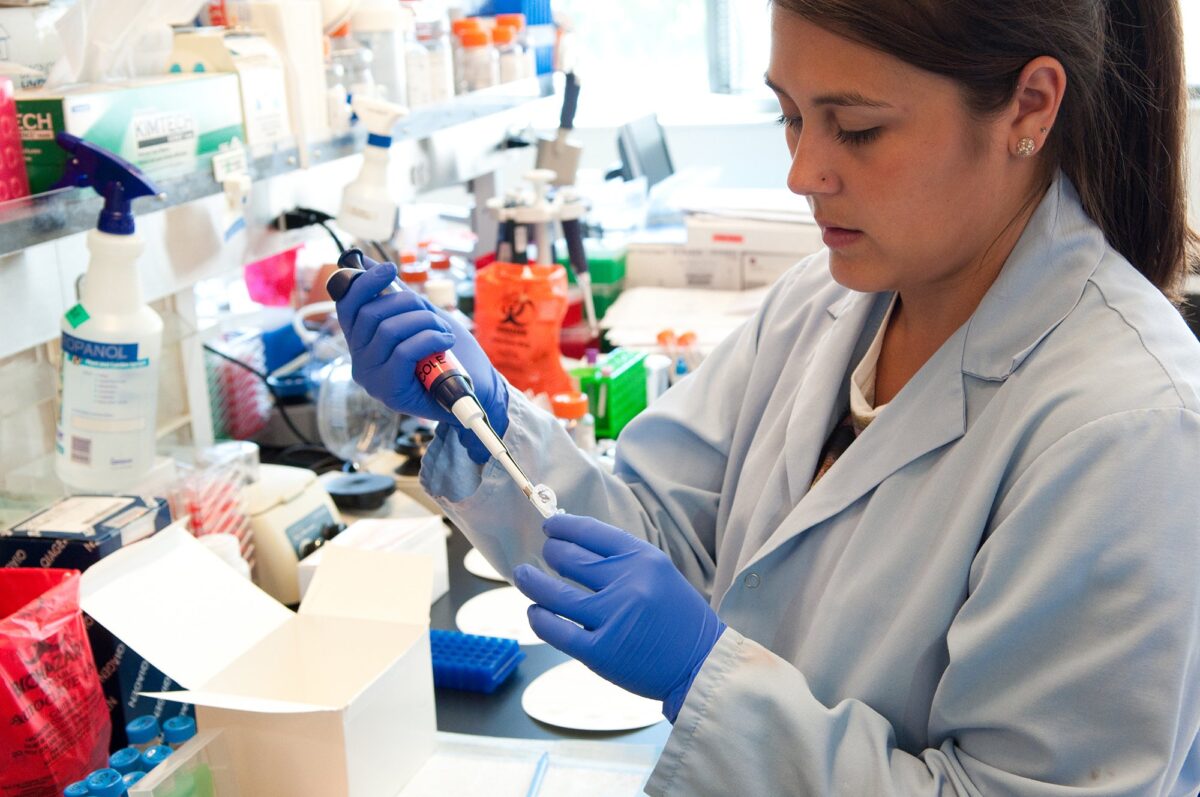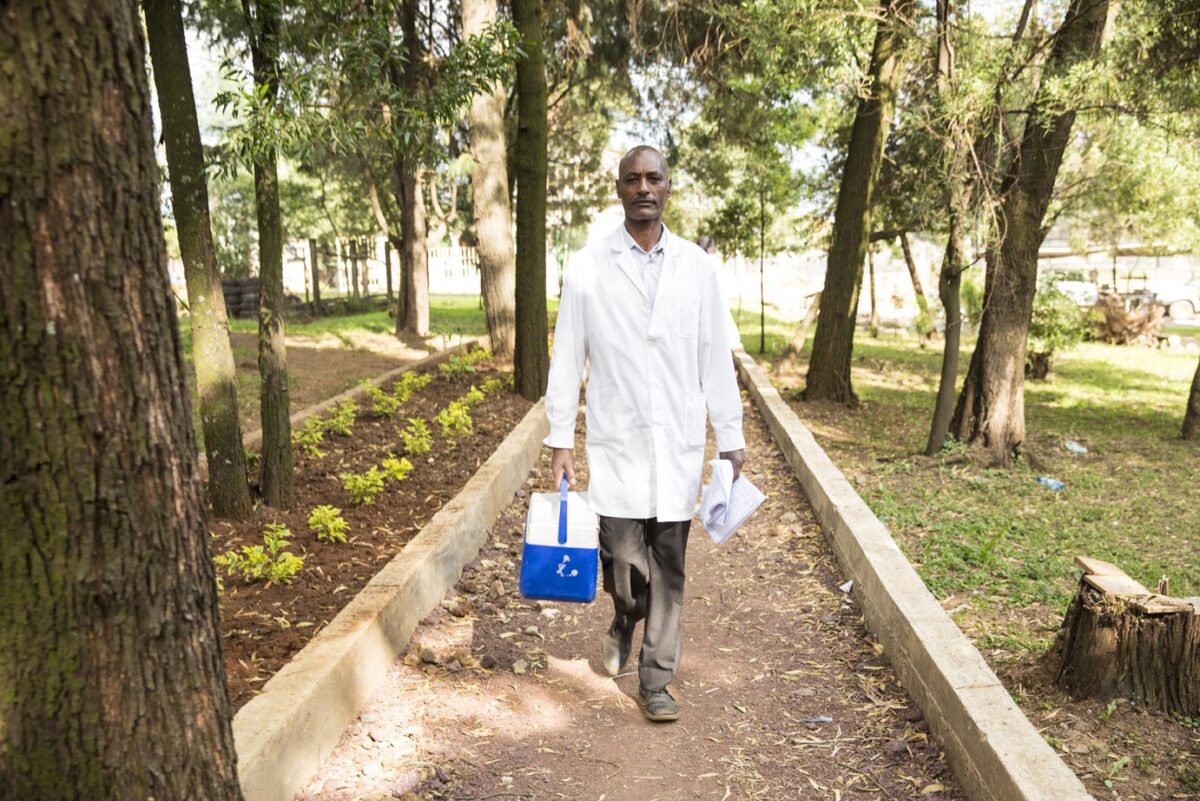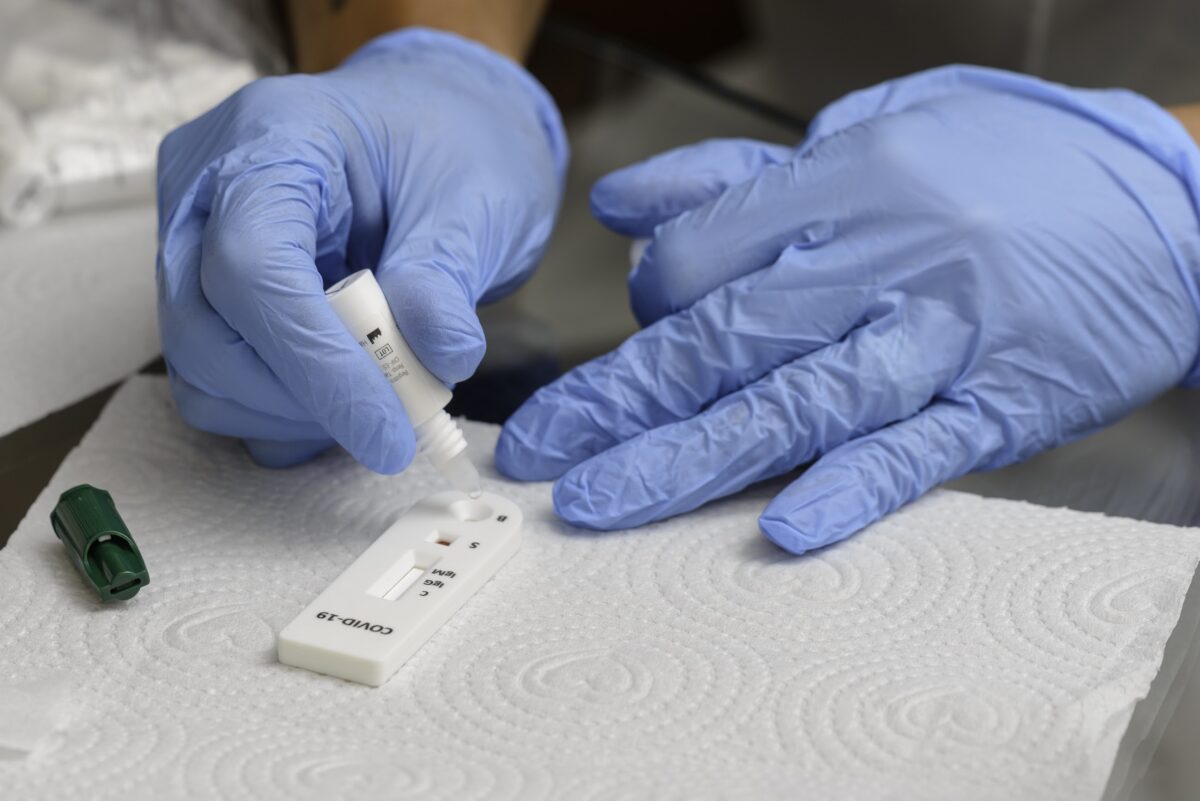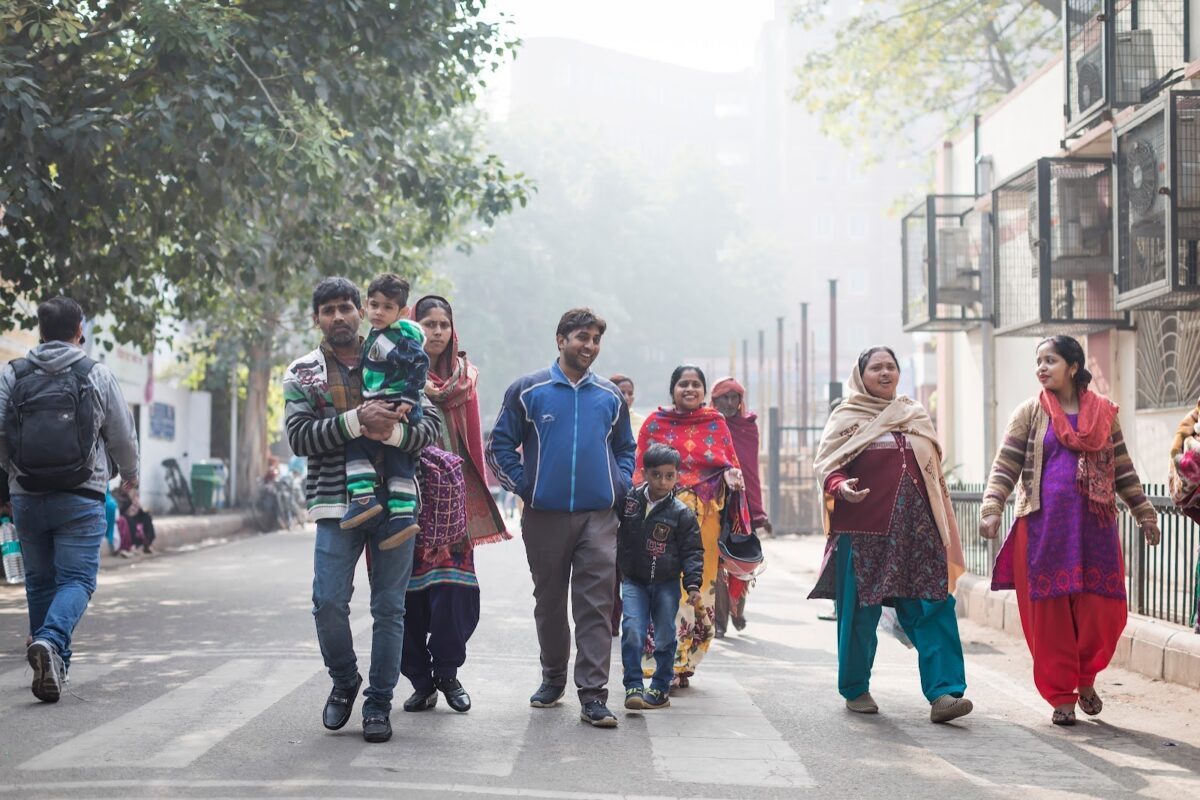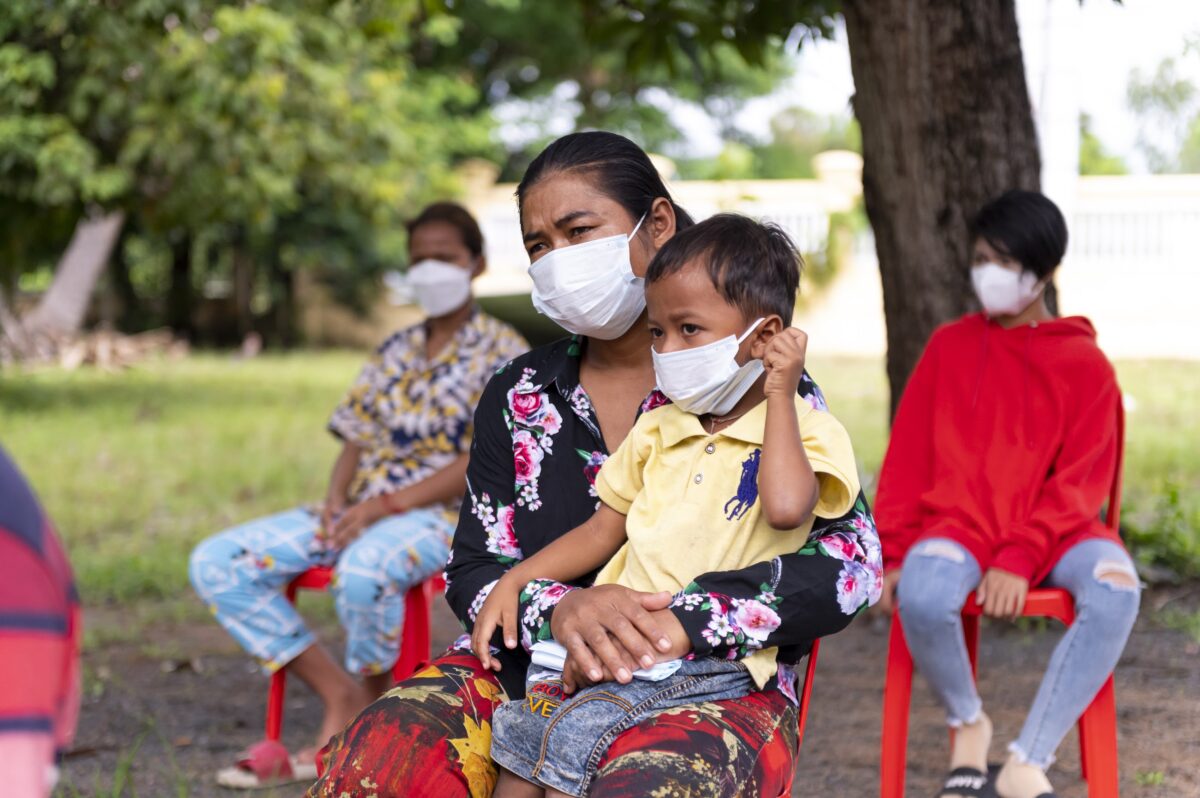Global Health Summit 2021: Rome Declaration signals world leaders’ commitment to fighting future pandemics.
On May 21, 2021, leaders of the G20 countries and other states signed the Rome Declaration signaling their commitment to fighting the current Covid-19 pandemic and agreeing to a set of principles to prepare and fight future pandemics.
What is the Rome Declaration?
The Rome Declaration signals a commitment from world leaders to overcome the Covid-19 pandemic and prevent and prepare for future pandemics. It was signed in May 2021 in Rome.
What does it say?
The Rome Declaration reaffirms the Covid-19 pandemic to be an unprecedented global health and socio-economic crisis that has disproportionately affected the most vulnerable communities, including women, girls, children, frontline workers, and the elderly.
It signals an agreement that all countries must work together to bring the disease under control, including working together for the equitable distribution of vaccines, therapeutics, diagnostics, personal protective equipment and treatment, supply chains, and boost and diversify global vaccine-manufacturing capacity.
What principles did leaders agree to support?
It also is a commitment that underlines sustained investments in global health towards achieving Universal Health Coverage with primary healthcare at its center will be essential for the future.
It recognizes the setbacks to achieving the Sustainable Development Goals caused by the pandemic.
The declaration also supported addressing the ACT-A funding gap to help it fulfill its mandate. The ACT-Accelerator has a funding gap of US$ 329 million for work planned up to 31 March 2023.
Significantly the declaration also noted proposals on a possible international instrument or agreement concerning pandemic prevention and preparedness.
The signatories also agreed on principles for future conduct in preparing, preventing, detecting, and responding to global pandemics.
These principles include support for the WHO as the center of a global pandemic response, sustainability, inclusivity, resilient recovery, and support for the One Health approach addressing risks emerging from the human-animal-environment interface, the threat of anti-microbial resistance.
